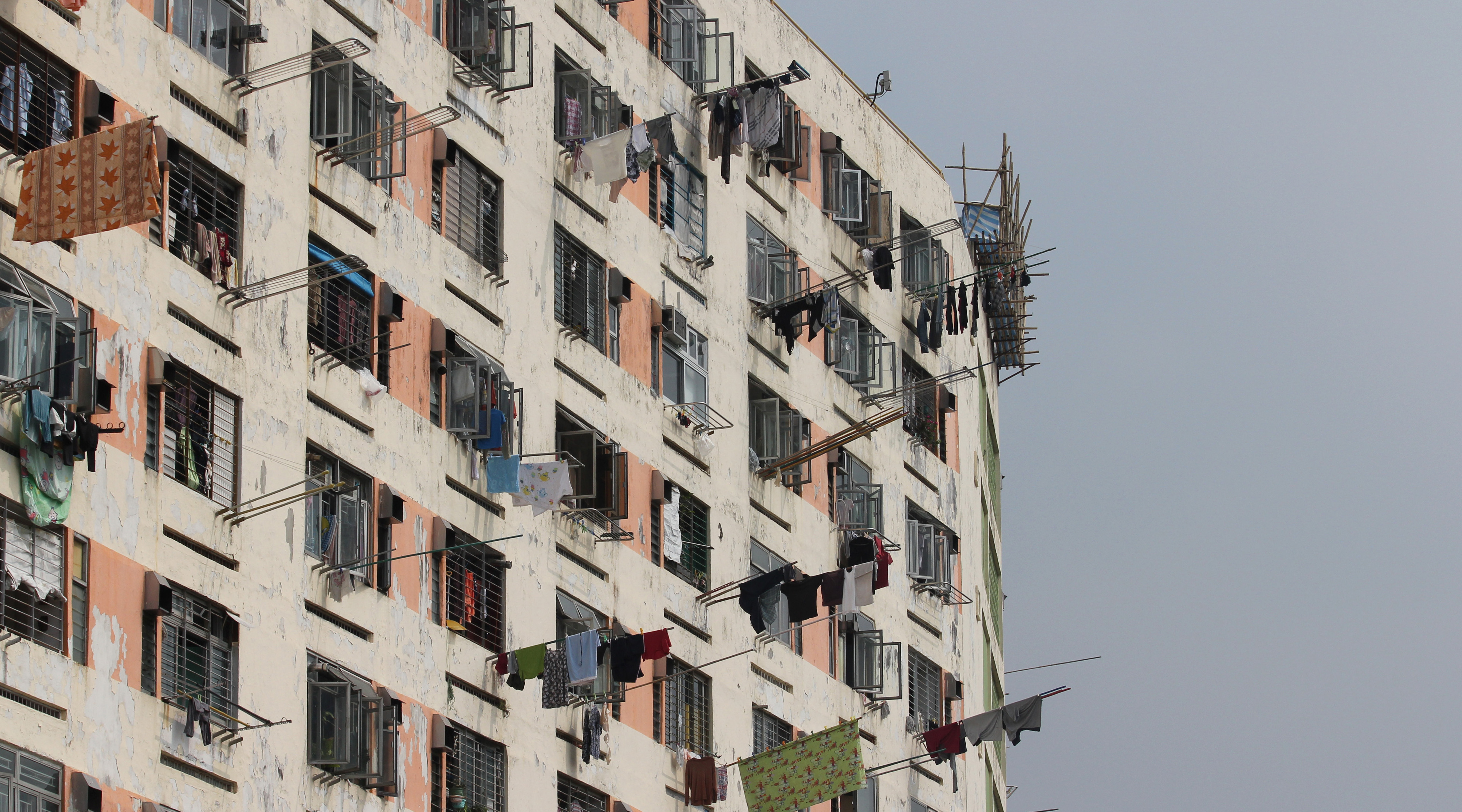
Children who grow up in low-income households tend to have less access to opportunities and therefore are more likely to remain poor in adulthood. The fact that poverty often crosses generational lines makes the problem much harder to tackle.
According to the Hong Kong Poverty Situation Report, there were some 180,000 children (aged below 18) living in poverty in 2015. The child poverty rate was 18 per cent, which meant that nearly every one in five children were living in poverty. Compared with other developed economies, the child poverty rate in Hong Kong is relatively high. It stands at 3.7 per cent in Denmark, 9.8 per cent in Britain, 15.1 per cent in Australia and 21.2 per cent in the US. Read More




Recent Comments